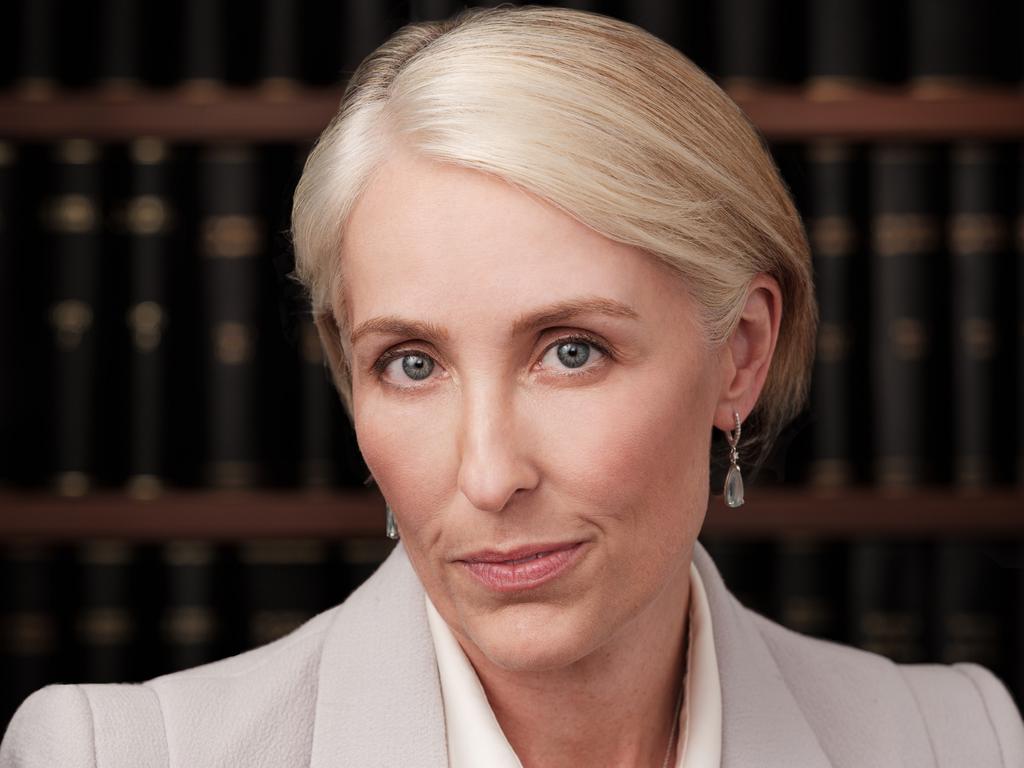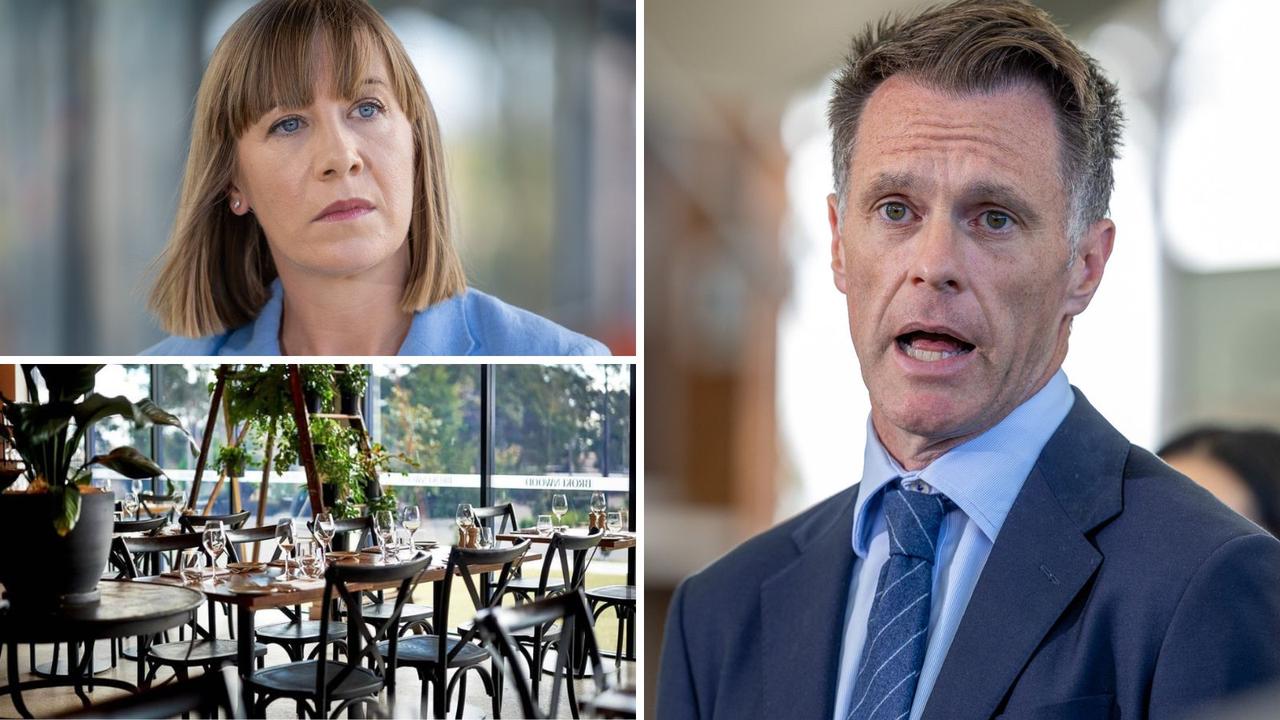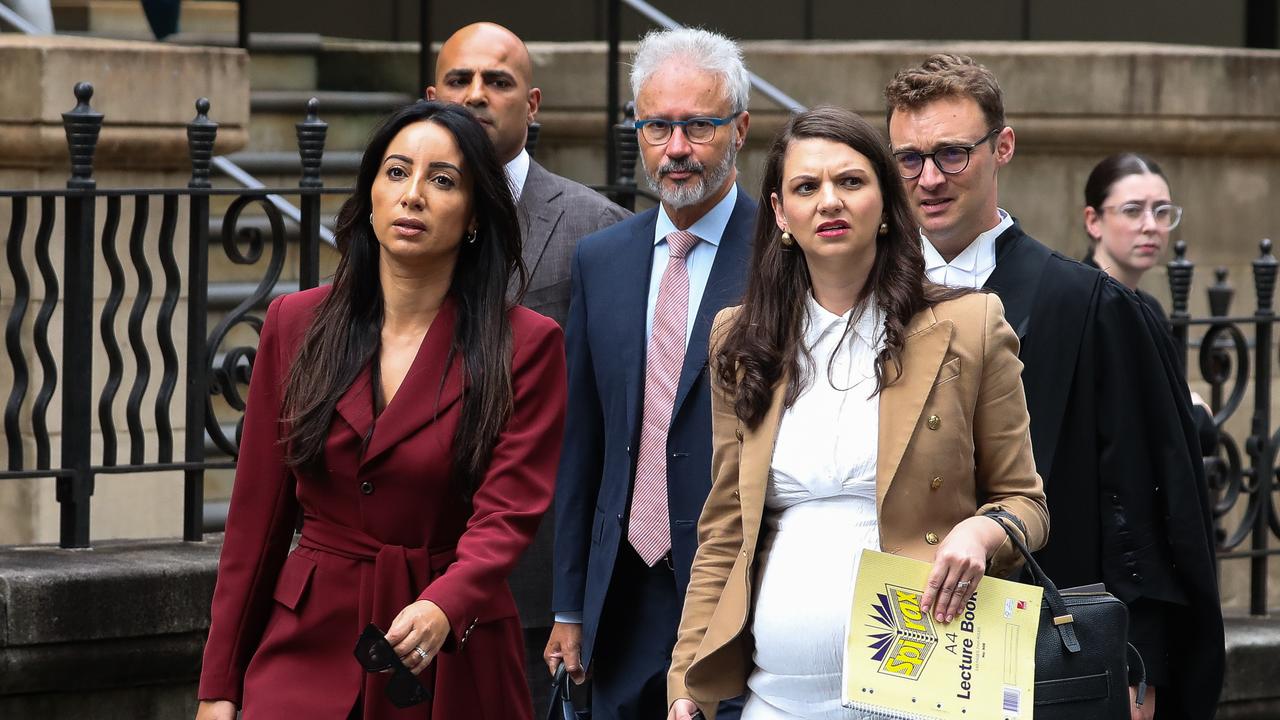NSW DPP Sally Dowling under pressure from staff, judges over ‘baseless’ rape cases
The NSW DPP’s office is facing a bitter war with sitting judges and its staff, as it continues to come under pressure for running so-called ‘meritless’ rape cases.
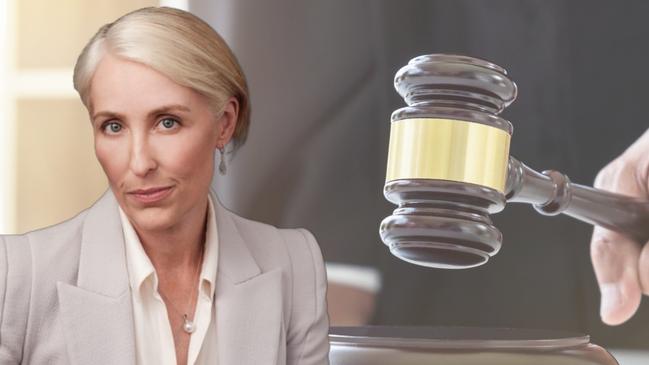
The NSW chief prosecutor’s office is facing a bitter war with sitting judges and its own staff, as it continues to come under pressure for running so-called “meritless” rape cases, and an emergency meeting with dozens of Crown prosecutors is called to discuss the emerging scandal.
The unease comes after five judges in less than a year have panned the office of NSW Director of Public Prosecutions Sally Dowling for bringing cases to court that have no prospect of a conviction, and having “secret policies” that guide rape prosecutions.
Now, this masthead can reveal one of those judges doubled down and deemed another case “doomed to fail”, criticising prosecutors for failing to properly analyse evidence before sending the matter to trial.
The brutal attacks from the bench have made waves across NSW legal spaces, and further exposed concern among judges as to the impact of the MeToo movement on the ODPP’s assessment of rape cases, with some believing a pattern is emerging in which prosecutors prefer to take a “believe the victim” stance and push a matter before a jury, rather than sacking impossible cases.
Ms Dowling, in a Budget Estimates hearing this week, announced she would instruct senior prosecutors to audit matters committed for trial to ensure that guidelines are being followed.
However one employee, whose job precludes them from being named, criticised this approach, saying “if there is to be true transparency and accountability in the face of such public criticism, an internal audit is insufficient.”
“An audit must differentiate between matters withdrawn pre-committal and those post committal,” they said. “The audit should be further broken down to matters that are withdrawn because of no reasonable prospects, for discretionary/public interest grounds, where there is a plea negotiation and when the complainant does not present to court to give evidence.”
Further, the staff member said the audit should “go back further and not just start from hereon in.”
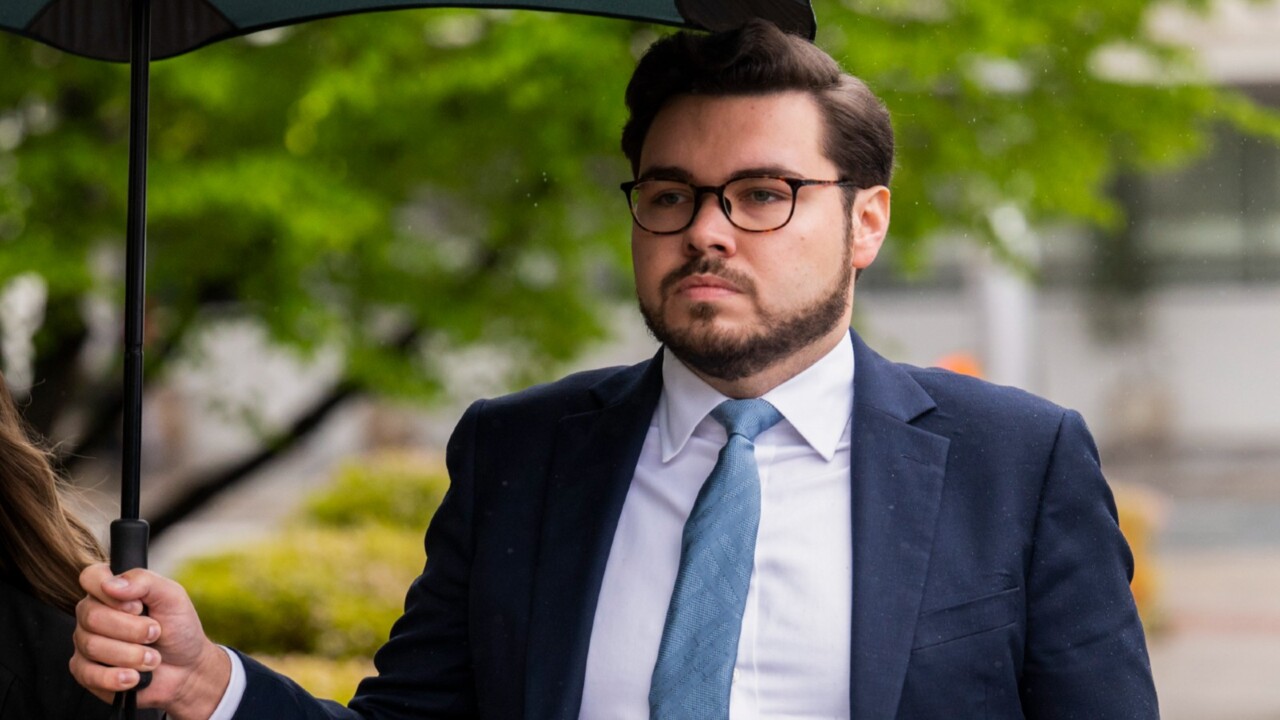
An emergency meeting of up to 120 crown prosecutors was called this week to discuss The Weekend Australian’s reports into this matter and internal grumblings about how rape cases are prosecuted. Invitations to the hour-long meeting were only extended to statutory-appointed crown prosecutors. No solicitors were invited.
After the meeting concluded, senior crown prosecutor Ken McKay SC posted on the ODPP’s intranet saying crowns “completely rejected any suggestion that in relation to sexual assault matters there is a secret practice or policy within our chambers or the ODPP that operates inconsistently with the Prosecution Guidelines.”
“Crown Prosecutors expressed confidence in the ODPP as a highly professional prosecution authority and in its solicitors as highly skilled and professional lawyers,” Mr McKay said.
In another intranet post, leaked to The Weekend Australian, solicitor for public prosecutions
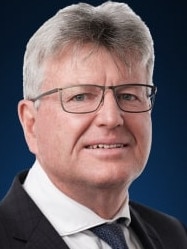
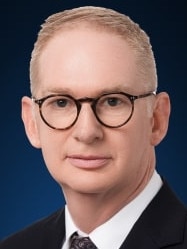
Craig Hyland said he rejected “the recent attacks on the integrity of the staff of the ODPP and its prosecution policies.”
“We do not accept the assertion that there is an unwritten or secret policy governing decision-making in relation to sexual assault prosecutions,” Mr Hyland wrote.
The Australian understands multiple solicitors who work under Mr Hyland are feeling frustrated at not being consulted about the matter before statements of solidarity were published.
The anonymous staff member told The Weekend Australian “the statewide Crown meeting involved Crown prosecutors, all of whom are subject to statutory re-appointments, and where speaking up may not be looked upon favourably.”
“There was no consultation with solicitors prior to any internal posts,” they said.
Another ODPP employee, whose job also prevents them from being named, said while there is no “secret policy” in document form, “the general attitude has been that prosecutions proceed based on the evidence in the brief, often which is only the complainant’s word at the time they make a statement to police.”
“Staff are crippled by carrying such a high workload that a proper assessment of the evidence is not always able to be conducted and as a result, the quality of the work suffers,” the source said. “If each lawyer had less work, then issues could be addressed earlier and it would improve the system including both complainants and the accused.”
A NSW government survey last year showed the ODPP was one of the unhappiest places in the public service to work, with its overall wellbeing score being 20 per cent lower than the overall sector.
Less than a third of staff thought senior managers listened to their juniors.
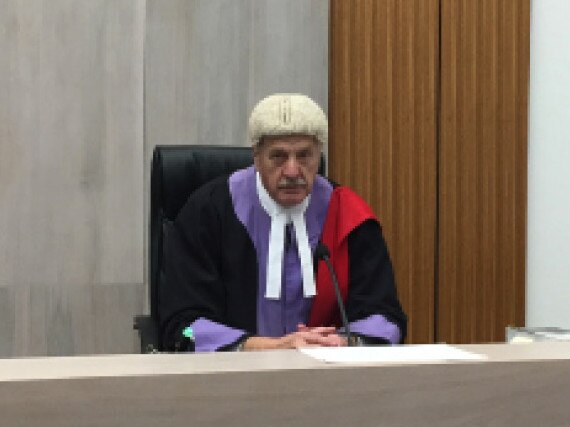
The Weekend Australian can also reveal late last year NSW District Court Judge Gordon Lerve impugned the prosecution of a Wagga Wagga gym trainer accused of sexually assaulting a client, and ruled the ODPP failed to properly consider dozens of messages sent between the pair after they had sex.
“Noting the criminal standard of proof, those social media messages irreparably damaged the complainant’s credibility to the point where once they were in evidence the Crown case was doomed to failure,” Judge Lerve found.
“I am firmly of the opinion that once the social media exchanges between the complainant and the applicant came to the attention of the Crown it was not reasonable for the prosecutor to continue the proceedings.”
In February last year, in a separate costs judgment, Judge Lerve said he had presided over a number of sexual assault trials during the Covid-19 pandemic which he believed were “doomed to failure from the outset”.
The ODPP did not respond to The Weekend Australian’s request for comment.
NSW premier Chris Minns on Thursday said he had “confidence in the DPP, but it’s not appropriate for me to comment about it.”
“There’s independence between the executive government and the prosecutor in this state,” Mr Minns told reporters. “We need to allow them to do their job.”



